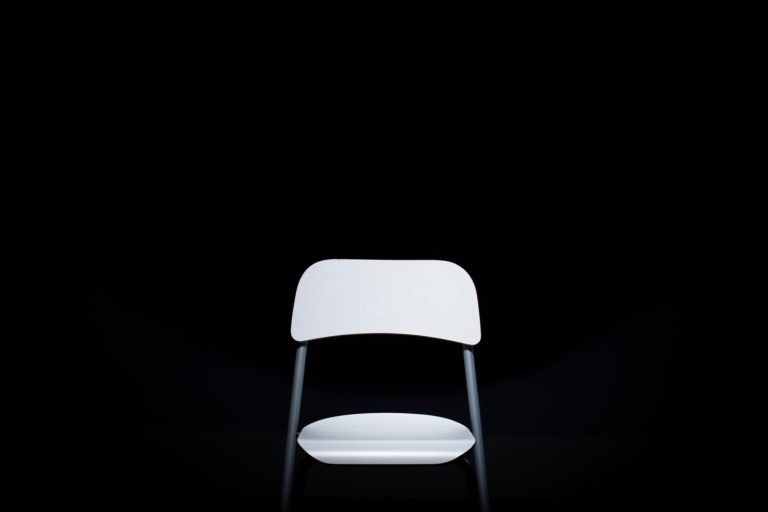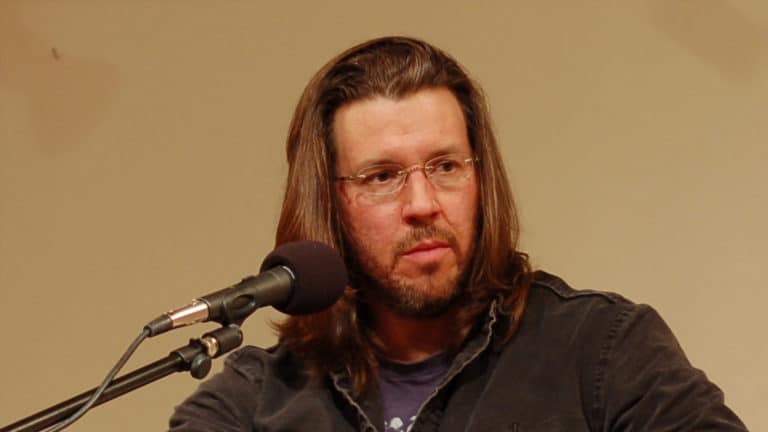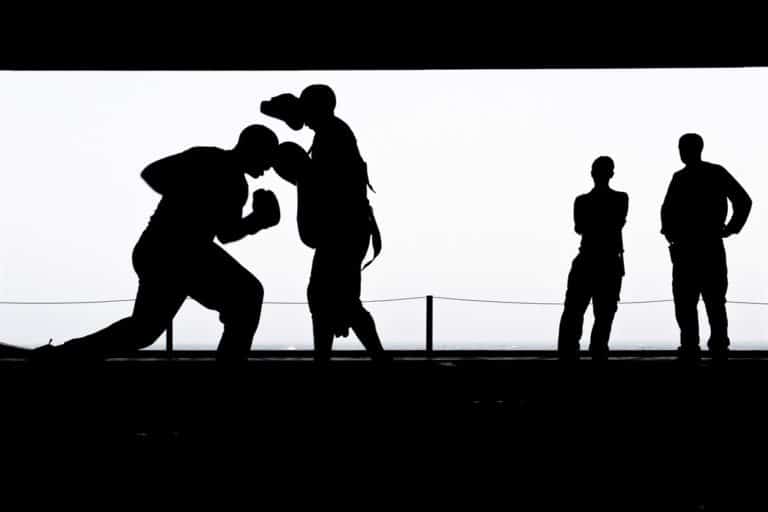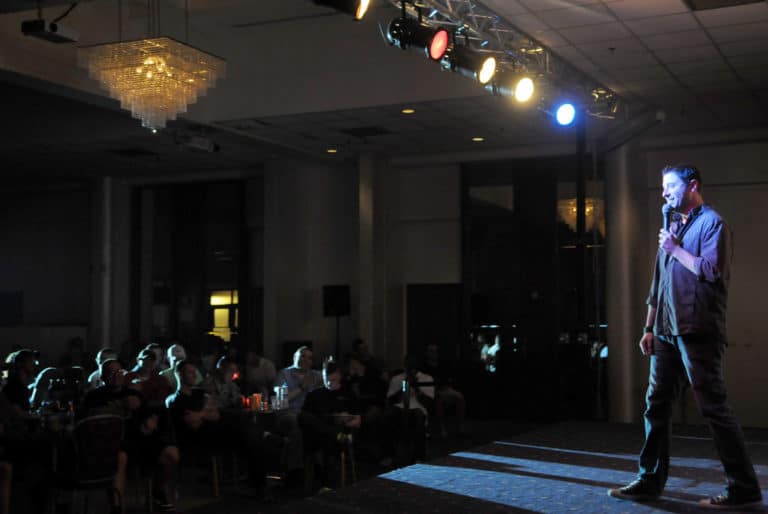It’s always just me versus me. From the moment I wake up in the morning—pack my son’s lunchbox, scramble a couple of eggs, feed the dogs, make the coffee—some part of me is focused on the moment when I’ll climb up the stairs to my study and get to work. Or, perhaps I should say, will or won’t get to work. My husband and son leave for the day. The house is empty, quiet. The dogs look at me expectantly, waiting for their cue—come on, guys, coffee cup in hand—that my writing day is about to begin.
But will it? Every day—every single day of my writing life—is an exercise in either overcoming, or succumbing to, procrastination. Oh, it can assume many guises. Research, say. Or bill-paying. Or checking email. Drafting that recommendation for a student that simply must be written. The doctor’s appointment. Mortage refinancing. It’s amazing what suddenly needs to get done when it’s time to actually sit down and write. When I find myself, as if waking from a fugue state, on Facebook or Twitter before I’ve begun my writing day, I know that I’m losing the battle. On Twitter, there exists a popular hashtag: #amwriting. Every time I see it, I want to yell: no you’re not!
We procrastinate for many reasons. We’re afraid, we’re filled with uncertainty, our inner censor is whispering in our ear that whatever we’re working on is no good. We procrastinate because the work is hard. There are no guarantees. It may not amount to much. Likely, it will never match up to the perfect vision for it that we hold in our minds. We know from experience that much of what we’re setting down on the page will eventually need to be revised, re-written, so why even make a stab at it? We procrastinate because we’re afraid of finishing the thing, at which point we’ll have to contend with sending it out into the world and deal with other problems, like rejection, exposure, indifference, bad reviews. We procrastinate because, before we write, it’s all infinite possibility, but once we’ve actually written, we are harnessed, prisoners of our own limitations, our meager gifts.
But then, finally, there comes a turning point. Finally, it is more difficult and painful not to write than to write. The not-writing feels untenable, unbearable. The feeling, for me, is a kind of exquisite despair. Here goes nothing, I think to myself. What do I have to lose? Pen poised over paper, the world recedes. And I remember again—seven books into this writing life and I still need to be reminded—that this is what it’s all about. One word connecting, leading, to another, then another. A thought forming on the page. An internal coherence revealed. After a good writing day, I tell myself that it shouldn’t be such a struggle. It’s so simple, really. Just sit down. Why fight this daily battle? But maybe—just maybe—the fight is necessary. Maybe the fight is where we crack ourselves open, push against our edges, shut down the voices that tell us what we can’t do, and move into the only place worth exploring, which is to say, the unknown.





















